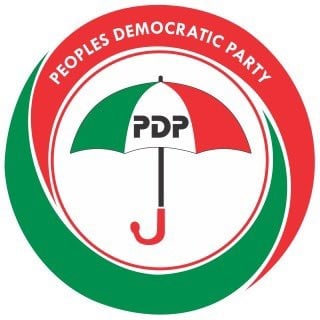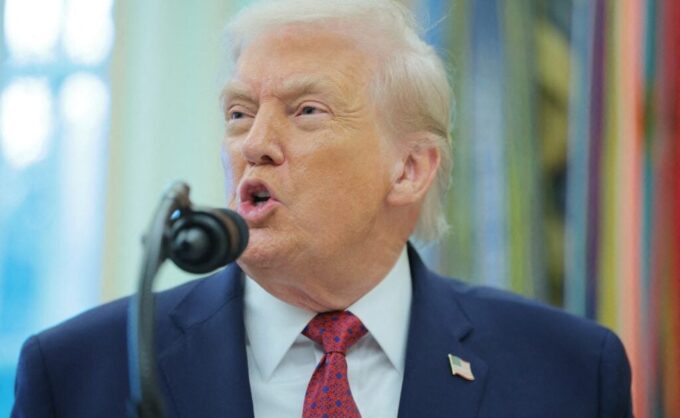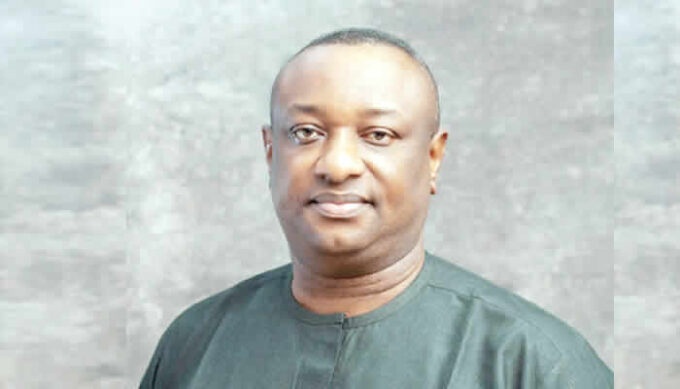From Adanna Nnamani, Abuja
The International Monetary Fund (IMF) has officially confirmed that Nigeria has fully repaid the $3.4 billion emergency financial assistance it received in April 2020 to cushion the scorching economic impact of the COVID-19 pandemic.
The confirmation came in a statement issued to journalists on Thursday on behalf of Mr. Christian Ebeke, the IMF’s Resident Representative for Nigeria.
According to the Fund, the repayment was concluded on April 30, 2025 and marked the closure of one of the largest emergency financial packages disbursed under the Rapid Financing Instrument (RFI) during the global crisis.
“As of April 30, 2025, Nigeria has fully repaid the financial support of about US$3.4 billion it requested and received in April 2020 from the International Monetary Fund (IMF) under the Rapid Financing Instrument to help alleviate the impact of the COVID-19 pandemic and the sharp fall in oil prices,” the IMF said.
The loan was disbursed at a time when the Nigerian economy was reeling from the twin shocks of a global health emergency and a dramatic crash in international oil prices, Nigeria’s primary source of revenue. The funding provided quick liquidity to support critical fiscal needs, help stabilize the economy, and support healthcare and social interventions at the height of the crisis.
While the country has now completed repayment of the principal amount, the IMF clarified that Nigeria will still be required to make annual payments associated with Special Drawing Rights (SDRs), which represent the IMF’s unit of account and reserve asset.
“Nigeria is expected to honor some additional payments in the form of Special Drawing Rights charges of about US$30 million annually,” the Fund noted.
These charges arise due to the difference between Nigeria’s SDR holdings and its total SDR allocation, and will continue until the balance is evened out. “In line with the IMF’s Articles of Agreement, these charges, levied at the SDR interest rate, which is updated at the beginning of each week, apply to the difference between Nigeria’s SDR holdings (SDR 3,164 million) (US$4.3 billion) and its cumulative SDR allocation (SDR 4,027 million) (US$5.5 billion),” the statement explained.
It further clarified that, “The net payment of the charges stops when Nigeria’s SDR holdings reach the cumulative allocation amount.”
According to the IMF’s public financial data, Nigeria’s total SDR charges for the year 2025 are projected to reach SDR 22.35 million, which amounts to approximately $30.24 million. These payments are expected to be made in three tranches—May, August, and November.
The conclusion of the loan repayment adds a new layer of significance to Nigeria’s evolving debt profile. In 2024 alone, the country made total repayments of $1.63 billion to the IMF, all of which covered principal obligations from the COVID-19 loan, with no additional interest or service charges recorded that year.
Overall, Nigeria’s external debt servicing surged to $4.66 billion in 2024—an increase from $3.5 billion in 2023. Multilateral creditors accounted for the lion’s share of that figure at $2.62 billion, representing 56% of total external debt service. The IMF alone was responsible for about 35% of Nigeria’s total external debt payments in 2024.
Analysts say the IMF’s confirmation of Nigeria’s full repayment sends a strong signal to the international financial community about the country’s commitment to meeting its debt obligations—despite the challenging macroeconomic environment.
In an era where rising global interest rates and fluctuating oil revenues have put pressure on many developing economies, Nigeria’s early repayment of a major emergency facility could improve its creditworthiness and potentially enhance its access to future concessional financing.


















Leave a comment